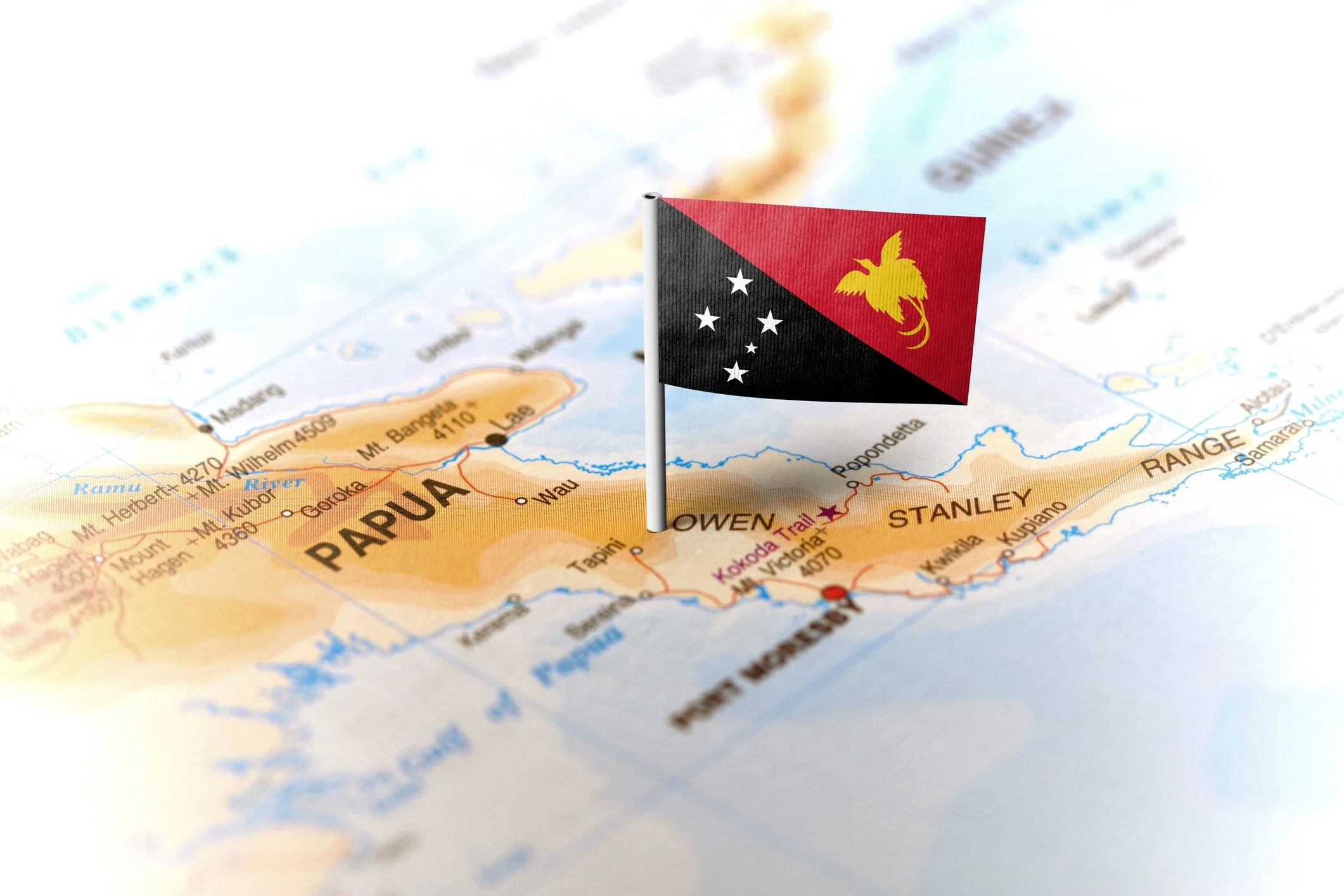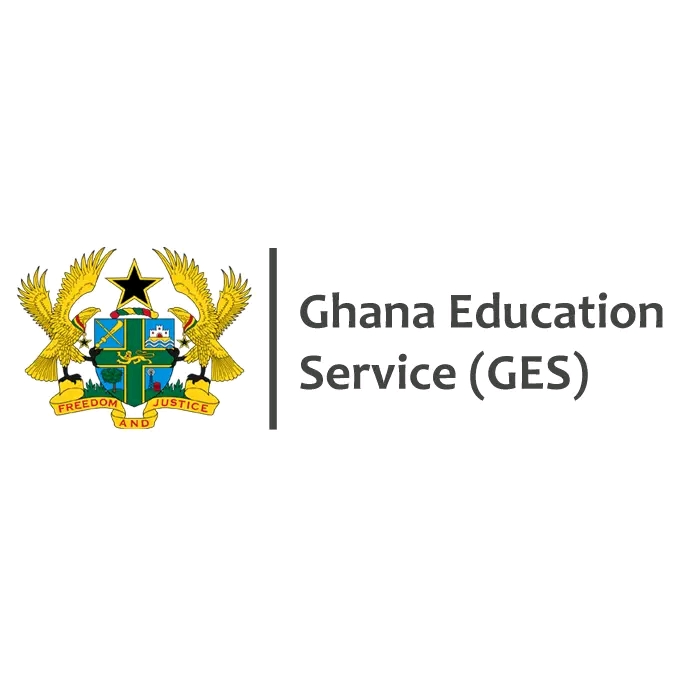By Nicholas Ferns
Copyright monash

A Different Lens
Editorial Guidelines
Contact us
Politics and society
Medicine and health
Tech and engineering
Environment
Business and economy
Design and architecture
Politics and society
Medicine and health
Tech and engineering
Environment
Business and economy
Design and architecture
A Different Lens
Editorial Guidelines
Contact us
16 September 2025Politics and society
From 1975 to today: Papua New Guinea reflects on 50 years of nationhood
5 Minute Read
Link CopiedCopy Link
Image: iStock/Getty Images Plus
Today, Papua New Guinea celebrates its 50th anniversary of independence. This achievement is being celebrated throughout the country, with major festivities planned in Port Moresby, PNG’s capital. Leaders from around the region will be in attendance to commemorate this major anniversary.
It will also be a time for reflection on PNG’s achievements since 1975, as well as a time to acknowledge the ongoing challenges it faces.
Papua New Guinea’s independence from Australian administration came relatively suddenly in the first half of the 1970s. In the first two decades after World War II, in which New Guinea was a major battlefield, political progress was slow. Australian colonial officials felt the local population would not be ready for independence for many years, and so reform was gradual.
This had all changed by the mid-1960s, as the emergence of local leaders and growing opposition to colonialism in Australia – most clearly seen in then federal opposition leader Gough Whitlam – combined to speed the timeline towards independence.
The 1970s thus became a time of considerable change in PNG. Increased educational opportunities, greater political autonomy and fertile debate over the nature of Papua New Guinean national identity all spurred the push towards self-government (achieved in December 1973) and independence.
Not everyone wanted things to move so quickly. Political leaders from the Highlands region, some areas of which weren’t exposed to Australian rule until the 1960s, felt their limited access to Australian development efforts would leave them disadvantaged in a newly independent PNG.
Successful push for independence
Despite this opposition, the elected government, under Chief Minister Michael Somare, was able to successfully push for 1975 as the year of independence.
Concerns regarding uneven development weren’t the only obstacles to independence. Secessionist movements, most prominent in Papua (the southern half of PNG) and Bougainville (sparked by concerns about the Panguna copper mine), forced Somare’s government to make some compromises.
The main outcome was the establishment of a system of provincial government in which the more remote areas of PNG would have more control over their own affairs.
In a country in which more than 800 languages are spoken, the tension between centralisation and respect for local practices and interests has never fully gone away.
Despite the challenges faced by Somare’s government in setting the terms for independence, the country was united in celebration on 16 September, 1975. In his independence day speech, Michael Somare expressed his vision for PNG, that its future would be drawn “from our own resources and traditions … borrowing ideas from others and adapting them to suit our own national needs”.
From the country’s earliest days, Papua New Guinean leaders have found strength in their unique traditions and sought to ensure the country’s resources have benefited all.
In the 50 years that have followed PNG’s independence, some progress has been made in achieving these lofty aims. One major achievement has been the maintenance of liberal democratic structures without interruption, one outcome not shared by other countries in the region, and points to the respect for the political institutions established in 1975.
PNG has also generally maintained a positive relationship with its former colonial power, Australia. This has been reflected in recent times with an intensification of defence ties, in addition to the longstanding aid relationship.
Challenges remain
Nevertheless, PNG has faced a number of challenges over the past half-century. Concerns regarding development have not faded since the 1970s, with many regions of the country feeling a degree of neglect from Port Moresby.
Issues relating to poor infrastructure, lack of access to education and healthcare, and tensions between traditional values and human rights continue to persist.
Compounding these challenges are ongoing concerns of political corruption, which came to a head most recently following the visit of United Nations Secretary-General Antonio Guterres.
Another major issue was the conflict in Bougainville, which was sparked in the 1980s by disagreements over the large Panguna copper mine, and which persisted well into the 21st.
Aside from the economic damage caused by the lost income from the forcibly-closed mine, the Bougainvillean challenge to the central government served to undermine the national unity that was so strongly asserted at the time of independence.
Indeed, following a series of recent referendums, Bougainville expects to be able to gain independence on its own in 2027, which reveals the ongoing challenge for PNG to maintain its national unity in the face of massive cultural diversity.
Despite the ongoing challenges, the 50th anniversary of Papua New Guinea’s independence is being presented as a time for celebration throughout the country. Given that the country gained its independence from Australia, it’s also a moment that should be given its proper acknowledgement in this country.
Papua New Guinea independence 50 years
PNG independence anniversary 2025
Papua New Guinea history independence
Michael Somare Papua New Guinea
Bougainville independence referendum
PNG Australia relationship
Papua New Guinea challenges
Port Moresby independence celebrations
Papua New Guinea 1975 independence
Nicholas Ferns
DECRA Research Fellow in History, Faculty of Arts Republish article
Brave Conversations: Teaching the art of disagreement in an age of discomfort
A new project is training students and staff to navigate disagreement with empathy, courage, and critical skill.
Politics and society
The Liberals used to be the party for women – then John Howard came along
The Liberal Party used to lead the way on female representation and socially-liberal policies. History shows us where the party’s “women problem” began.
Politics and society
Grange-gate: The AFL’s gamble on red
The AFL bans all gambling by insiders – but a high-stakes bet involving top officials raises serious questions about hypocrisy, integrity, and its cosy ties to wagering.
Medicine and health
Is this Australia’s climate wake-up call?
Australia’s first National Climate Risk Assessment warns of escalating climate threats to health, infrastructure, economy and ecosystems – urging urgent national action to mitigate and adapt before irreversible damage occurs.
Environment
We acknowledge and pay respects to the Elders and Traditional Owners of the land on which our Australian campuses stand. Information for Indigenous Australians.
Research at Monash
Jobs at Monash
Enterprise and partnerships
Registered higher education provider
TEQSA Act 2011 ABN 12 377 614 012
authorised by
Chief Marketing, Admissions and Communications Officer and Vice‐President
CRICOS Provider Number
Monash University: 00008C
maintained by
Monash University Webmaster TeamLast updated: Sep 2025.
Terms and conditions
Accessibility
Data protection and privacy
Disclaimer and copyright
Data consent settings
Copyright © 2021 Monash University
Republish
You may republish this article online or in print under our Creative Commons licence. You may not edit or shorten the text, you must attribute the article to Monash Lens, and you must include the author’s name in your republication.
If you have any questions, please email lens.editor@monash.edu
Republishing Guidelines
https://lens.monash.edu/republishing-guidelines
We use cookies to improve your experience, but you can choose which ones we use, and opt-out at any time. You can find more information in ourWebsite Terms and Conditions
Cookie settings



